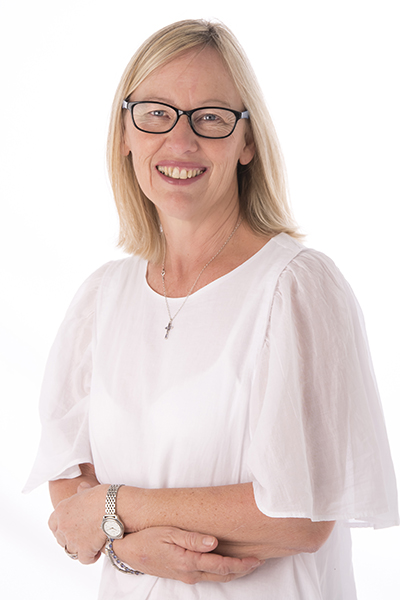Latest News Archive
Please select Category, Year, and then Month to display items
09 March 2022
|
Story Dr Cornelius Hagenmeier
 Internationalisation professionals attending the Dialogue on Innovative Higher Education Strategies National Multiplication Training workshop at the UFS.
Internationalisation professionals attending the Dialogue on Innovative Higher Education Strategies National Multiplication Training workshop at the UFS.
Dr Segun Obadire (Univen) and
Dr Cornelius Hagenmeier (UFS), who serve as directors responsible for the international offices at their universities, are part of the training committee. The theme of the training programme is ‘Enabling Internationalisation in Light of the 2020 Policy Framework for Internationalisation of Higher Education in South Africa 2022’; it comprises two training workshops and several virtual engagements. The first training workshop was held at the UFS from 1 to 3 March 2022.
Trendsetters
Mrs Nontlanhla Ntakana and Mr Matome Mokoena are alumni of the biannual DAAD DIES Training Course on Management of Internationalisation (MOI) at the
Leibniz University Hannover in Germany. They seized the opportunity to forge a multiplication training that would impact internationalisation leaders and managers from across South Africa and empower them to leverage the 2020 Policy Framework for Internationalisation of Higher Education in South Africa to advance the internationalisation process at their institutions.
Internationalisation experts
Dr Nico Jooste and Mrs Merle Hodges served as external experts on the training committee. Both are internationally renowned experts in the field and former presidents of the
International Education Association of South Africa (IEASA). Mr Leolyn Jackson (Central University of Technology, CUT) and Prof Lynette Jacobs (UFS) also contributed to the first training workshop.
Structure
This programme commenced in February, with participants engaging in topical readings and submitting their first assignment. First, a virtual workshop introduced participants to the UNIVEN Moodle e-learning platform used for the course. The face-to-face workshop at the UFS will be followed by a second in-person training at the University of Venda in September 2022. Virtual workshops and support of the participants through a dedicated WhatsApp group and other mentorship programmes will ensure the continuity of the training between the face-to-face workshops. Participants who were unable to attend the UFS and UNIVEN workshops in person could participate via a virtual link, thus ensuring that no participant is left behind.
Participants
Twenty participants from eight public higher education institutions were selected by the training committee to participate in the training programme. Two participants from this year’s NMT cohort were also accepted into the DIES MOI course at the Leibniz University Hannover in Germany. They are
Prof Nontokozo Mashiya from the University of Zululand (Unizulu) and Mbali Mkhize from the
Mangosuthu University of Technology (MUT). Participants in the first workshop have indicated that they gained a lot from the numerous exercises and activities in the programme. They also mentioned that the programme would change the outlook of internationalisation at their universities in the future.
UFS Expert: Prof Felicity Burt investigates zoonotic and arboviruses
2017-12-13

Prof Felicity Burt recently received a B-rating from the
National Research
Foundation.
Photo: Sonia Small
Prof Felicity Burt is from the Division of Virology in the Faculty of Health Sciences at the University of the Free State (UFS), as well as the National Health Laboratory Services (NHLS). She currently holds an NRF-DST South African Research Chair in vector-borne and zoonotic diseases. Professor Burt and her research group investigate arboviruses and zoonotic viruses.
Prof Burt’s research primarily focuses on host immune responses to arboviral infections specifically characterising humoral and cellular immune responses in patients with infections such as Crimean-Congo haemorrhagic fever (CCHF) virus and Sindbis virus; epitope discovery for development of diagnostic tools; development of molecular and serological assays for surveillance purposes; virus discovery; and the development of vaccines.
Raising awareness of these viruses, defining associated diseases, and developing tools for surveillance programmes will contribute to understanding these pathogens as well as the public health implications.
Leads research group in papilloma viruses
Arboviruses cause outbreaks of disease in South Africa annually. Outbreaks are usually associated with heavy rainfall favouring the breeding of mosquitos, but these viruses also have the capacity to spread and become endemic in new areas where competent vectors are present.
In addition, she is leading a research group that investigates human papilloma viruses (HPV) associated with head and neck cancers and recurrent laryngeal papilloma.
The focus of this research group is to ascertain the genotypes of HPV causing these diseases, identification of novel biomarkers for early detection, and complete genome sequencing for molecular characterisation of HPV isolates.